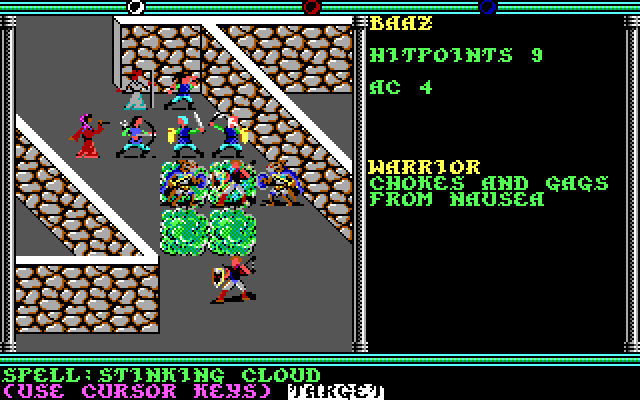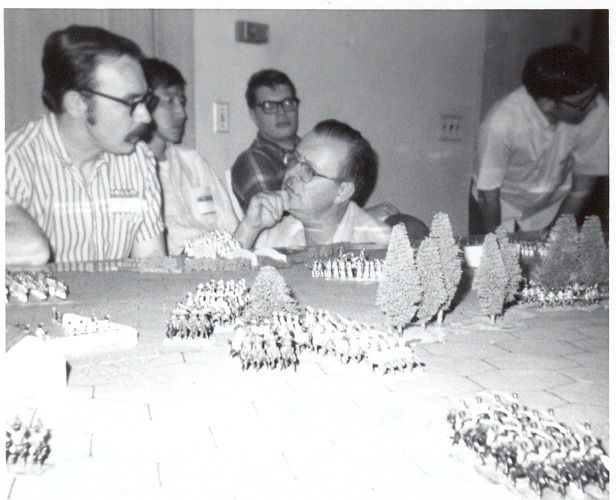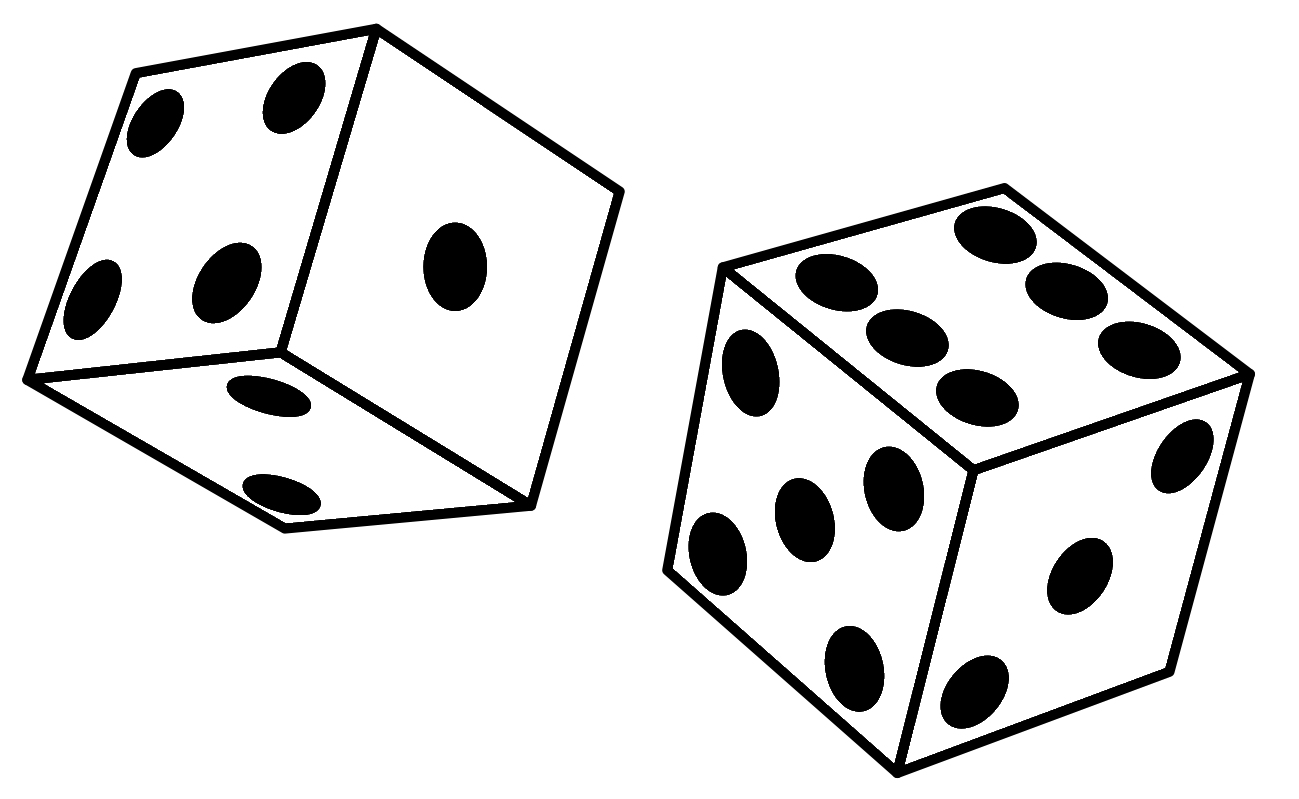So here's a common question DM's face: "Encounters in the game I'm running are too easy and it's making for a dull game, combat-wise. What can I do?"
I've had this problem in at least two of the games I DMed and I've also heard 4 other DM's struggling with the issue at various times(I remember Nathan collecting suggestions for dealing with this problem in his
Somewhere North campaign, but I can't find that post...). So, let's look at some possible solutions:
Give Me MOAR!
I ran into this problem at some point when I DMed
my first game. My solution was simple:
- Develop a feeling for what the party can handle
- Adjust any encounters that seem too easy with more/tougher opponents
And it basically worked, though step 1 took some time for me to really get a feel for.
This also worked fairly well for one member of our group when he was running WFRP and our party was just steamrolling whatever he threw at us. His solution was simple yet effective:
start throwing in some extra Chaos Warriors. (My solution was to throw in some
poison and
laser beams!)
Tactics

The problem with just scaling-up the baddies mechanically is that, at higher levels, combat becomes this long battle of attrition, where each side tries to wear the other down first(also happened to us in WFRP 1e with heavily-armored adversaries). So, you're back to
dull combats, but of a different kind.
I remember reading this great blog post(which of course I can't find now) where the guy described a long-running campaign he played in. There were many nasty monsters, but the worse were...Kobolds!
No, the DM didn't use 10HD kobolds. Instead, the kobolds played smart and used tactics. They would ambush the party in a narrow corridor filled with arrow slits in the ceiling. They would lay nasty traps and then attack when the party triggered them. They would cut-off the magic user from the rest of the party and then pepper him with arrows. He described how, going back out of the dungeon, the party would take a huge detour to avoid the Kobold-infested areas. (UPDATE: thanks, Jay Rutley, for pointing me to
Tucker's Kobolds from Dragon 127, pg. 3)
So it's not just monster mechanics that matter, but monster tactics. I once
wrote a post on better monster tactics while dealing with too-easy combat in WFRP, so read that, if you want...
The Difficulty Roll
So we have mechanics and tactics, but there's another level--the psychological level. Until now, the DM has been trying to guess the perfect difficulty for a combat, but it's an imprecise process. Sometimes the players end up with too easy a fight, and sometimes it's too difficult. What I've found, is that I tend to try and err on the side of caution. No one wants to be the DM who accidentally TPKed the party because he overestimated them.
So instead, what I generally do when rolling-up a random encounter, is have a relative difficulty roll on 1d6:
- 1-2 an Easy Encounter- the party shouldn't have too much trouble wiping the floor with these guys.
- 3-4 an Evenly Matched Encounter- it's a toss-up who's going to win this one. The players better bring their best.
- 5-6 a Difficult Encounter- the party had better flee or come-up with some really out-of-the-box trick if they want to come out of this one alive
This takes a lot of the pressure off of me as the DM to find a perfectly matched encounter for the party. For one, I only am trying to do that about 1/3 of the time and secondly, the players learn very quickly from the hard battles to choose their fights wisely. I think there's also better DM/Player communication since I've already determined ahead of time how sure I am that they will be able to handle the fight (very sure, somewhat sure, not at all sure). As such, I describe it differently and we end up with better DM/Player communication.
This approach worked quite well for me during our
Polish Resistance campaign, where, after the first PC deaths(
it was almost a TPK), the party was happy to skip encounters that sounded high-risk, unless the rewards were just too tempting.
On the Other Hand
On the other hand, one could argue against this whole approach. Aren't randomness and player choice the king and queen of DnD? I reject out of hand the idea that every combat should be perfectly balanced for the PC's. That takes away all the game's dynamism and much of the onus for players to think creatively. At the same time, lull periods of dull combat occur and my intention with this post is to, hopefully, give my fellow DMs tools to deal with this eventuality.














